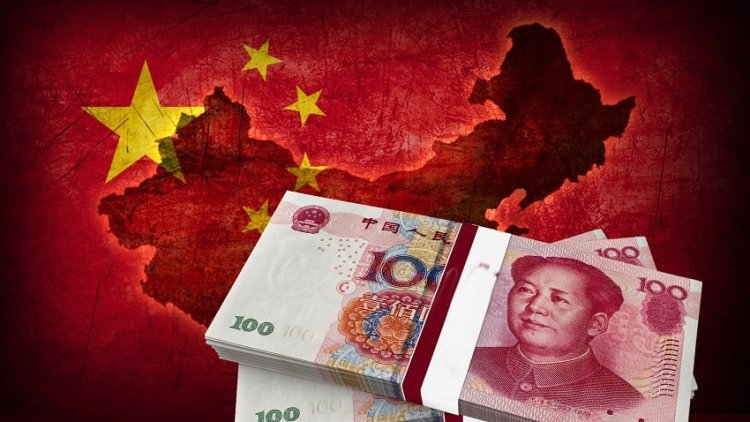Economic pressures exacerbate China's downturn

The world's second-largest economy is suffering from deepening deflation, which caused consumer prices in China to fall by 0.5% year-on-year in November, the largest decline in three years.
Consumer prices fell more than the 0.2% expected by a Bloomberg survey of economists and exceeded October's 0.2% decline.
Producer prices, which are measured at factory doors and are heavily influenced by the cost of goods and raw materials, fell by 3 percent and remained in negative territory over the past year.
Consumer prices entered deflationary territory in July, rising briefly in August before falling again in October.
A range of economic pressures
The deflationary trend adds to a host of economic pressures facing the country's policymakers, including a liquidity crisis in the real estate sector, weak trade data, and a slow recovery from three years of zero lockdowns and border closures.
Consumer demand is struggling to fully recover in 2023, while policymakers have set an economic growth target of just 5%, the lowest rate in decades.
Real estate slowdown
Beijing has faced calls to step up stimulus this year in light of a prolonged real estate slowdown after several developers defaulted. The government cut key lending rates and issued new bonds to support growth but stopped short of implementing any major bailouts for developers.

Economic recovery
Chinese leader Xi Jinping warned this week that the country's economic recovery was still at a "critical stage" as officials pledged to increase fiscal and monetary support.
Investors rating agency Moody's on Tuesday assigned its outlook for China's sovereign credit rating to bad, but to a high number for lower economic growth in the medium term and the possibility of greater fiscal support for vulnerable regions.
China's economic momentum has been hurt in recent months by a delay by Country Garden, the country's largest private developer, as investment firm Zhongzi has become upset, in a sign of the unrenewed effects of a turbulent property market.
Work among young people has stopped
Makers for Work in August published work interruption data among young people after the measure reached its highest level since they started saving in 2019.
This year, consumer prices have affected retail prices at affordable prices, which is an important component of product sales indicators in China. Food prices fell by 4.2 percent in November.
The prolonged weakness in consumer prices contrasts with all other major economies after they raised funds to combat the Corona virus, and they demanded a weak response in the face of what it would take to spend them. This week's data recorded a 0.6 percent drop in imports last month.

Retail sales decline
Next week's data will indicate a decline in retail sales in November. In October, it saw a rate of 7.6 percent, supported by its reduced impact compared to the previous year, when coronavirus detections intensified before being breached at the end of the year.


 Shrouq
Shrouq 












